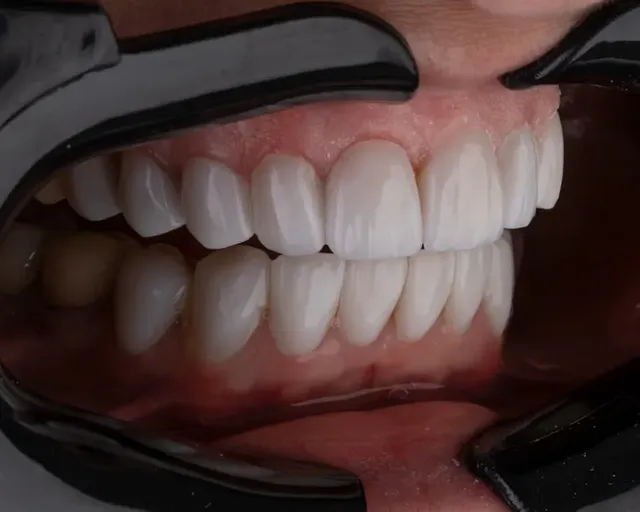Revolutionizing Dental Regrowth

It's incredible to think that we might soon have a drug that can regrow teeth. Imagine a future where fillings, crowns, or dentures are things of the past. Just pop a pill and grow a new tooth. It's not just a step forward in dentistry; it's potentially revolutionary.
Human trials for this drug are starting in September with 30 healthy adult males. During the Phase I study, they'll focus on the drug's toxicity and efficacy. This is a big challenge since, despite promising animal studies, it has never been tested on humans. The cautious approach gives some reassurance. Initially, they will test the drug on healthy people with at least one missing tooth to check for side effects before moving on to more vulnerable populations.
The drug's mechanism is what makes it so exciting. It contains an antibody that targets and shuts off a gene called USAG-1, which usually stops tooth growth. By shutting off this gene, the drug allows the growth factor BMP to stimulate tooth regrowth. In animal studies, particularly with ferrets, just one dose was enough to regrow a tooth. These promising results provide a solid foundation for the upcoming human trials.
This drug isn’t just for those who have lost teeth. It could also help children born with congenital tooth deficiencies. If initial trials go well, the testing will extend to kids between two and seven years old with at least four missing teeth from birth. For these children, it would be life-changing, allowing them to grow up with a full set of teeth. It's hard not to feel optimistic about the potential impact on so many lives.
Of course, many steps remain before this drug becomes widely available. If everything goes smoothly, it might be on the market within six years. While that might seem like a long time, it's quite fast in medical research terms. The potential benefits make the wait worthwhile. Consider the millions who suffer from tooth loss due to decay or injuries; this drug would offer a permanent solution instead of temporary fixes like dentures or implants.
Reflecting on this development, it’s astonishing how far medical science has come. We're at a point where regrowing lost body parts, once a science fiction fantasy, is becoming a reality. Success in these trials could usher in a new era in dentistry and regenerative medicine. There's never been a better time to be alive, and I can’t wait to see how this story unfolds.
If this drug works, it will change millions of lives by giving people a new smile filled with confidence. Here’s to hoping for a future where tooth loss is no longer permanent but only a temporary setback.